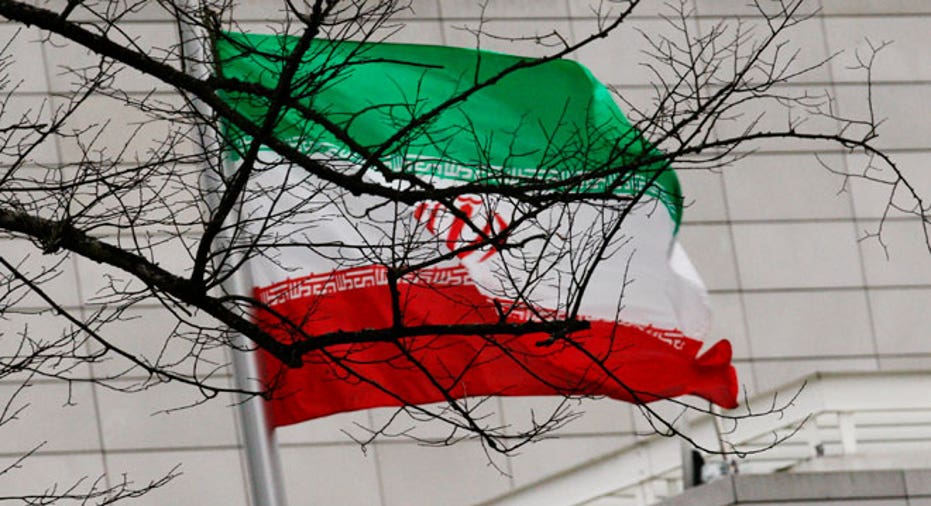Obama to Move Forward on Iran Oil Sanctions

U.S. President Barack Obama said on Friday he has determined there is enough oil in the world market to allow countries to cut imports from Iran, allowing Washington to begin sanctioning countries that continue to buy Iranian oil.
In his decision, required by a sanctions law he signed in December, Obama said in a statement that increased production by some countries as well as "the existence of strategic reserves" helped him come to the conclusion that sanctions can advance.
"I will closely monitor this situation to assure that the market can continue to accommodate a reduction in purchases of petroleum and petroleum products from Iran," Obama said.
The sanctions aim to pressure Iran to curb its nuclear program, which the West suspects is a cover to develop atomic weapons but which Iran says is purely civilian.
PUTS IMPORTERS ON NOTICE-MENENDEZ
Obama is required by law to determine by March 30, and every six months after that, whether the price and supply of non-Iranian oil are sufficient to allow consumers to "significantly" cut their purchases from Iran.
The law allows Obama, after June 28, to sanction foreign banks that carry out oil-related transactions with Iran's central bank and effectively cut them off from the U.S. financial system.
"Today, we put on notice all nations that continue to import petroleum or petroleum products from Iran that they have three months to significantly reduce those purchases or risk the imposition of severe sanctions on their financial institutions," said Senator Robert Menendez, co-author of the sanctions law.
Obama can offer exemptions to countries that show they have "significantly" cut their purchases from Iran.
Washington recently exempted Japan and 10 EU countries from the sanctions because they have cut Iranian oil purchases.
The president faces a delicate balancing act on Iran, leading up to November elections. On the one hand, he must show voters he is being tough on the Islamic state.
But with oil and gasoline prices surging in response to geopolitical risks, he must also avoid steps that would unduly rattle oil markets, threatening the global economy and hurting voters already angered by the rising cost of fueling their cars.
He is also facing pressure from many in Congress who want to make sanctions even tighter. The House of Representatives has already passed additional sanctions, and a bill is pending in the Senate.
"We welcome the President's determination and applaud the Administration's faithful implementation of the Menendez-Kirk amendment," said a spokesman for Senator Mark Kirk, a Republican who has pushed for additional measures.
"To build on this momentum, we hope the Senate will consider amendments to the pending Iran sanctions bill that would continue to increase the economic pressure on the Iranian regime," the Kirk spokesman said.



















